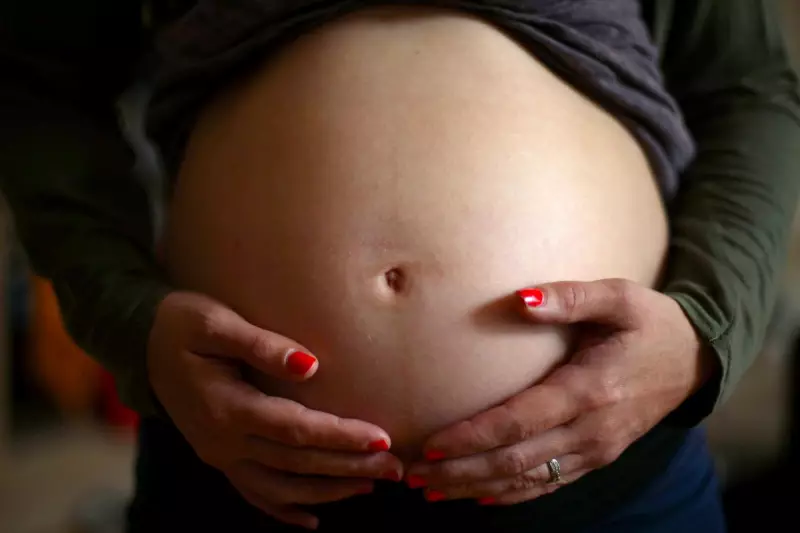
Expectant mothers who vape may unknowingly put their babies at risk of facial deformities, according to alarming new research. A study published in the journal Developmental Biology reveals that nicotine exposure from e-cigarettes could interfere with crucial stages of fetal development.
Disturbing Findings in Animal Studies
Scientists at the University of Colorado discovered that when pregnant mice were exposed to nicotine vapour, their offspring developed facial abnormalities resembling human cleft palates. The research team observed that nicotine appeared to disrupt the migration of neural crest cells - embryonic cells vital for facial bone and cartilage formation.
How Nicotine Affects Development
The study identified two key mechanisms by which vaping might cause harm:
- Nicotine constricts blood vessels in the uterus, reducing oxygen and nutrient flow to the fetus
- It directly interferes with specialized cells responsible for building facial structures
Dr Emily Bates, the study's senior author, warned: "The embryonic stage we're examining occurs very early in pregnancy - often before many women even know they're expecting."
Growing Concerns Over Vaping Safety
While e-cigarettes are often marketed as safer alternatives to traditional smoking, this research adds to mounting evidence about potential risks during pregnancy. Health experts emphasize that:
- No nicotine products have been proven safe for pregnant women
- The full effects of vaping chemicals on fetal development remain unknown
- Previous studies have linked nicotine to low birth weight and premature delivery
The Royal College of Midwives continues to advise complete avoidance of all nicotine products throughout pregnancy. Public Health England maintains its position that while vaping is less harmful than smoking, non-smokers should not take up the habit.
What This Means for Expectant Mothers
With approximately 15% of pregnant women in the UK reported to use e-cigarettes, these findings could have significant public health implications. Researchers stress the importance of preconception health education and clearer warnings about vaping during pregnancy.
"Women deserve accurate information to make informed choices," Dr Bates concluded. "If you're trying to conceive or might become pregnant, the safest approach is to avoid nicotine entirely."





